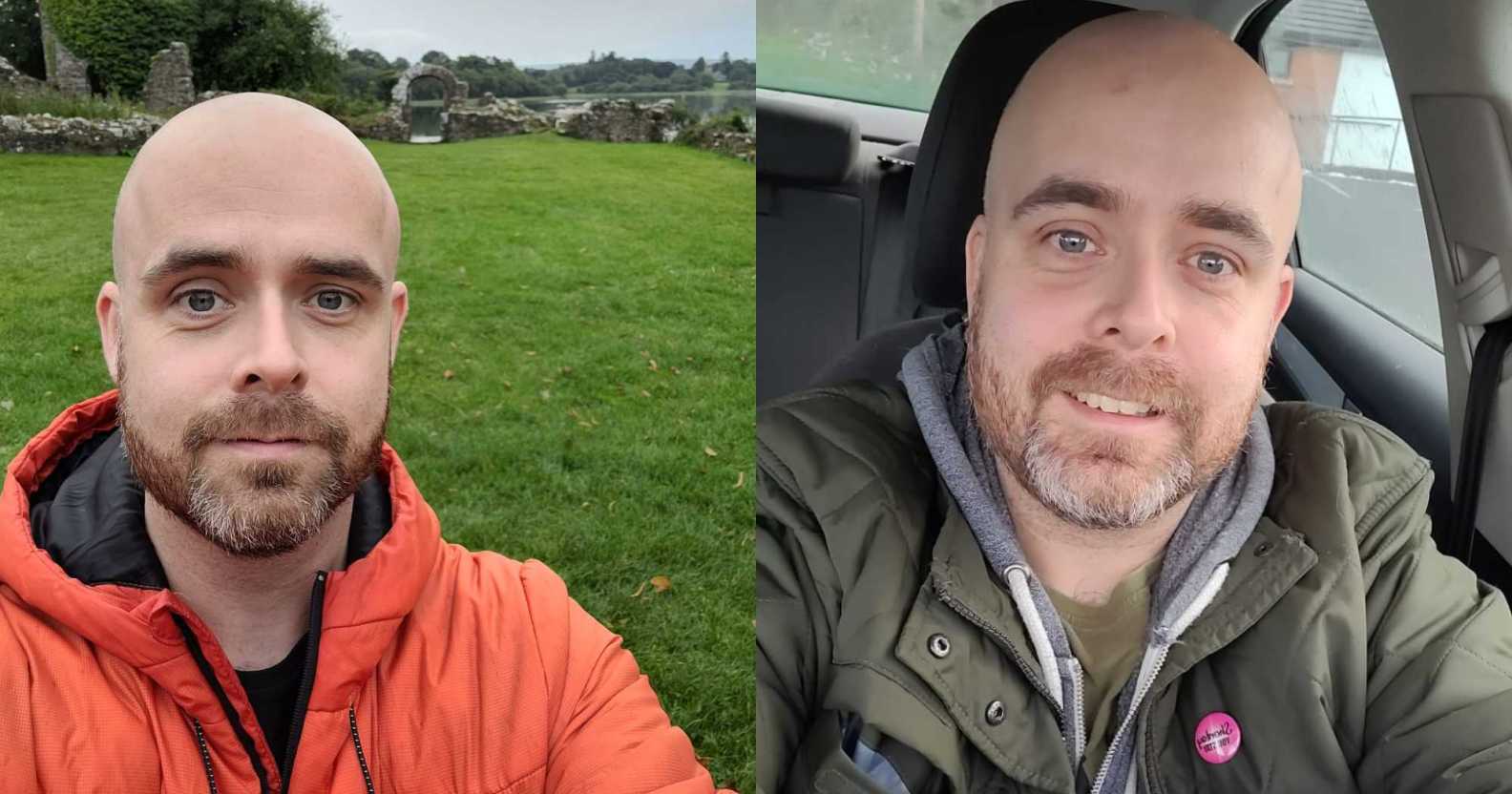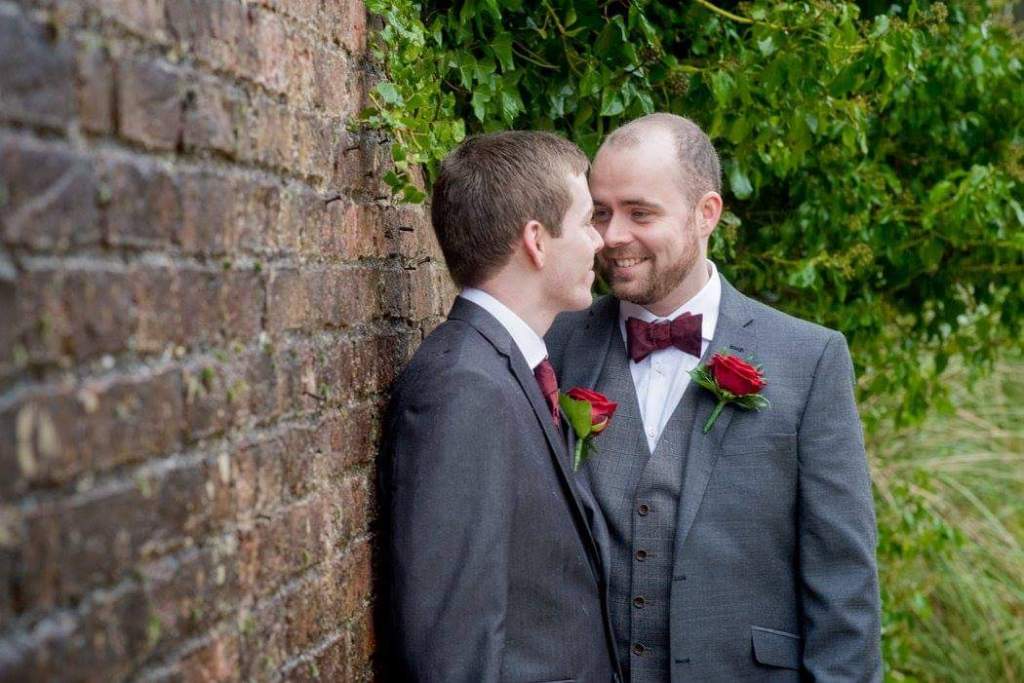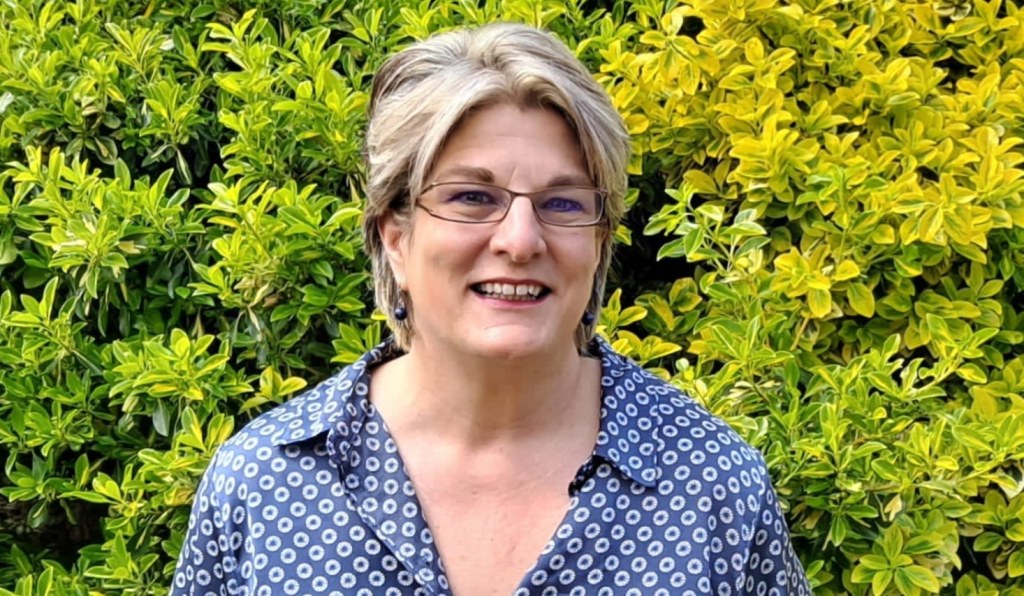Religious conversion therapy ‘tore me apart’. Others might not be so lucky
Author: Patrick Kelleher

Garry Adair-Gilliland went through religious conversion therapy while at university. (Supplied)
Garry Adair-Gilliland was a university student when he sought out conversion therapy.
As a devout Christian, he had been grappling with his sexuality ever since he was a child. There were no LGBTQ+ people for him to look up to growing up in a rural community in Northern Ireland – instead, there was the Methodist church.
At Queen’s University Belfast, Garry became heavily involved in a religious society – but his mental health continued to deteriorate.
“I really struggled on and off throughout university,” Garry tells PinkNews. “I was very depressed, feeling suicidal at times, and began to think the only way forward was to attend conversion therapy – but that just made things a hundred times worse.”

Using Google, Garry was able to find a local faith-based organisation that claimed it could change LGBTQ+ people. He reached out and, within weeks, found himself taking part in group work and one-to-one “therapies” aimed at changing his sexuality.
According to the UK government’s 2017 National LGBT Survey, two per cent of LGBTQ+ people had undergone conversion therapy, while five per cent had been offered it.
That survey revealed that faith groups were by far the most likely to have conducted conversion therapy – 51 per cent of those who were subjected to the practice said it happened in a religious setting.
It was a painful experience for Garry. Today, he’s comfortable in his skin and is happily married, but he’s still waiting to see conversion therapy banned so others won’t be subjected to the abuse he endured.
“It tears you apart even more, being in that kind of therapy, when I was already tearing myself apart before that,” he says.
“I had torn myself to pieces and had been actively suicidal and depressed. Once I was able to leave that behind I was able to come out to friends and move away from religious communities because they did not serve me either spiritually or as an LGBT person.”

For people like Garry, it’s difficult to sit back and watch the government endlessly stall on banning the practice.
Theresa May’s government first promised a ban in 2018, but progress stalled under Boris Johnson. He faced backlash from LGBTQ+ activists when he belatedly announced that he would push ahead with a ban that would exclude the trans community.
Thankfully, the Tories have U-turned against, and this week the government announced plans for a draft bill that will protect all LGBTQ+ people.
The news was broadly welcomed by LGBTQ+ campaigners, but all is not won yet – it still has to go through pre-legislative scrutiny, and according to ITV News there’s currently no guarantee it will prohibit conversion practices in religious settings or “therapies” a person has “consented” to.
Jayne Ozanne is founder of the Ozanne Foundation, an organisation that works to eliminate discrimination based on gender or sexuality in religious environments.
Like many others, she is increasingly concerned about loopholes that would “allow the most common forms of abuse to continue”.
“In the UK these are undoubtedly religious conversion practices, including prayer that has a ‘predetermined purpose’ of trying to change, suppress, or ‘cure’ someone’s sexual orientation or gender identity,” she tells PinkNews.

“The issue of consent is also highly problematic – no one should be allowed to consent to harmful abuse, as I myself did with devastating consequences.”
She adds: “If the loophole is allowed, it will sadly put the onus of proof on the victim rather than the perpetrator and, I am warned, cause significant problems in the courts.”
Garry’s message to the UK government is simple – outlaw conversion practices in all settings, without exception.
“The best thing that happened was for me to get out the other side of it and accept who I was,” he says.
Suicide is preventable. Readers who are affected by the issues raised in this story are encouraged to contact Samaritans on 116 123 (www.samaritans.org), or Mind on 0300 123 3393 (www.mind.org.uk). Readers in the US are encouraged to contact theNational Suicide Prevention Line on 1-800-273-8255.
How did this story make you feel?
Sending reaction…
Thanks for your feedback!
Actual Story on Pink News
Author: Patrick Kelleher




